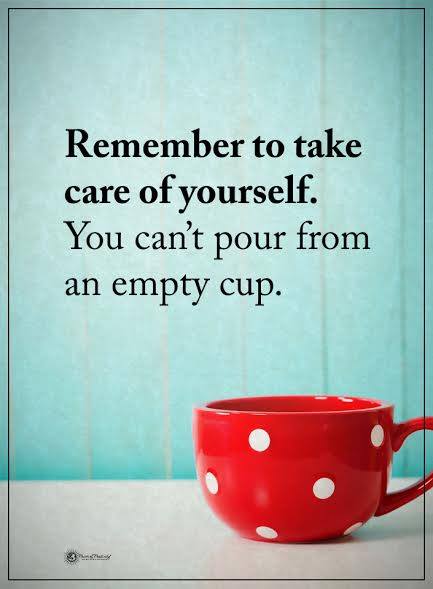Sleep paralysis is the sensation of being conscious but physically unable to move. It occurs when a person passes between the two stages of wakefulness and sleep.
Of all the weird sensations that one can experience, perhaps there is nothing stranger than being unable to move, more specifically, being unable to move while being consciously aware of one’s surroundings.
If You’ve Ever Awakened At Night Unable To Move, Here’s What It Means…
Sleep paralysis is a strange and potentially frightening phenomenon. Essentially, the person experiencing sleep paralysis can’t move any body part. Still, it remains conscious. Those that experience sleep paralyses are often terrified. That’s an understandable reaction to not having voluntary control over one’s movements.
Fortunately, this is a relatively common occurrence and does not cause any physical harm to the body. Sleep paralysis happens during one of two stages -“hypnagogic” and “hypnopompic.” Hypnagogic sleep paralysis occurs before falling asleep, while hypnopompic sleep paralysis occurs as one wakes from REM sleep.
As we fall asleep, our body becomes deeply relaxed while our minds become less aware. However, when hypnagogic sleep paralysis occurs, the mind remains aware while the body achieves an involuntary state of relaxation. The person then realizes that they’re unable to move despite their efforts, often leading to feelings of panic.
During REM (rapid eye movement) sleep, our muscles are paralyzed, so we don’t act out our dreams. When one experiences hypnopompic sleep paralysis, a specific part of the brain wakes sooner. This wakeful state does not affect the part of the brain responsible for REM paralysis, however. The result is a certain degree of wakefulness and no voluntary control over muscles.
Who does sleep paralysis happen to?
Some people are fortunate enough to experience this situation just once or twice in their life, if ever. Unfortunately, some people experience this phenomenon often – even multiple times a week. A study undertaken at Penn State University discovered that approximately 8 percent of the population has frequent issues with sleep paralysis. Individuals with mental disorders, such as anxiety and depression, are more prone to frequent episodes of sleep paralysis.
People affected by sleep apnea, people on specific types of medication, and those with an underlying sleep condition may experience more frequent episodes of sleep paralysis.
Here is a list of some of the most prominent risk factors.
- Lack of sleep
- Frequent changes in sleep schedule
- Mental conditions, such as stress or bipolar disorder
- Sleeping on the back
- Sleep problems such as narcolepsy or nighttime leg cramps
- Certain types of medication, such as those with ADHD
- Substance abuse
What are the symptoms?
Under almost every circumstance, individuals who experience sleep paralysis is unable to move or speak from a few seconds to a few minutes. As mentioned, this usually occurs during the initial stages of falling asleep and almost immediately after waking up.
While sleep paralysis often requires no treatment, a doctor may further inquire into other areas that pertain to sleep health. Should sleep conditions linger or worsen, the medical professional may then refer to a sleep specialist.

Final Thoughts on Seeking out treatment for sleep paralysis?
Because this sensation occurs naturally, there is generally no prescribed treatment. However, a treatment regimen may be in order if a medical professional detects an underlying condition in the diagnosis process. Such prescribed treatments are:
- Implementation of a sleeping schedule
- Prescription for an anti-depressant
- Referral to a mental health professional
- Referral to a sleep specialist
- Treatment of any underlying sleep disorders
- Prescription for sleeping aids
Often, prioritizing adequate sleep while limiting unnecessary stress (especially before bedtime) will suffice to prevent sleep paralysis. Because of the enigmatic nature of the condition, the effectiveness of formal and informal treatments to alleviate it is ambiguous at best.
As a rule of thumb, one episode does not usually mandate a trip to the doctor’s office. Health professionals recommend that those with rare episodes of sleep paralysis pay particular attention to their sleeping habits, as sleep deprivation almost assuredly increases the likelihood of an episode.
Other recommendations include avoiding or severely restricting alcohol/drugs, nicotine, and caffeine. Keeping electronic devices out of the bedroom is also recommended to establish healthy sleep patterns.
Of course, a sleep paralysis episode may occur regardless. If that’s the case, remember to stay calm and realize it will pass.










